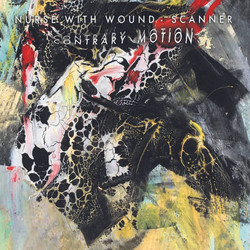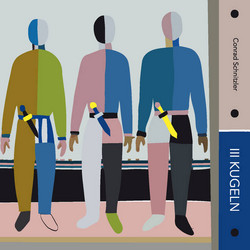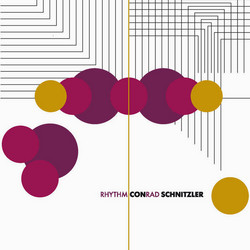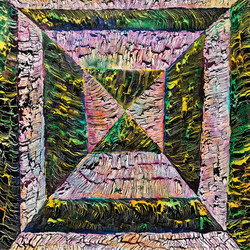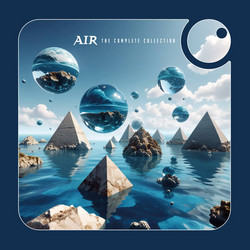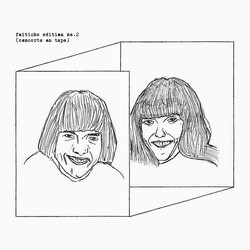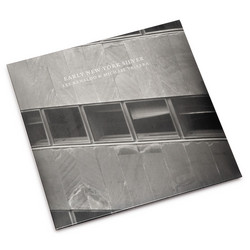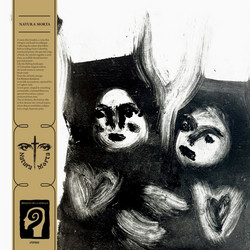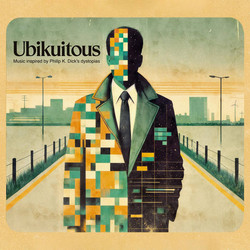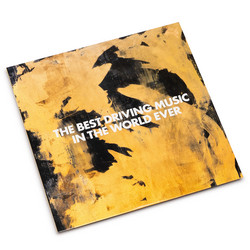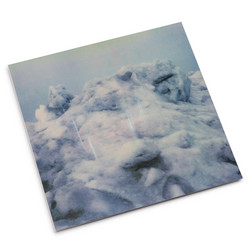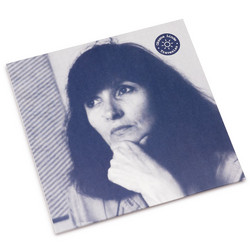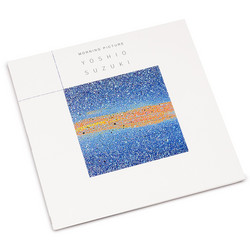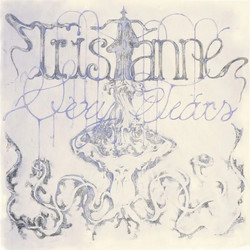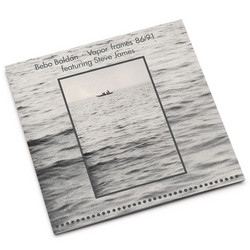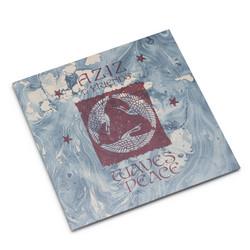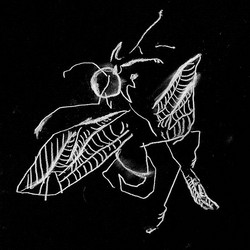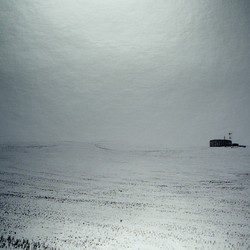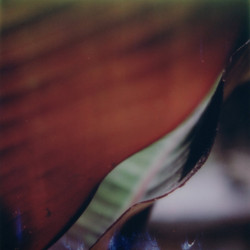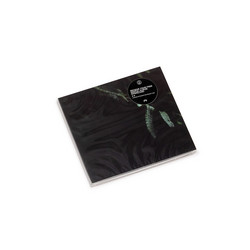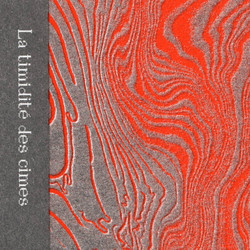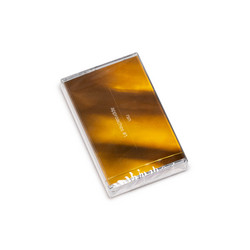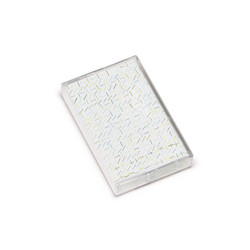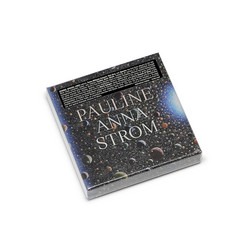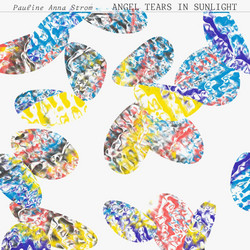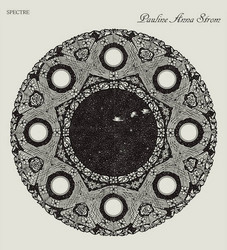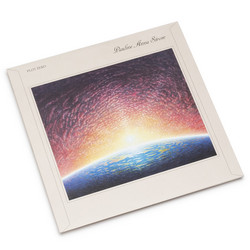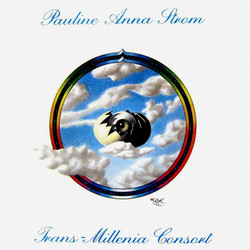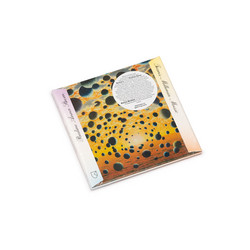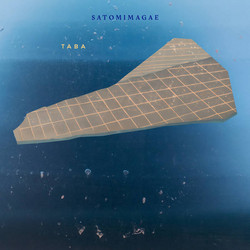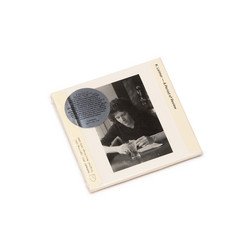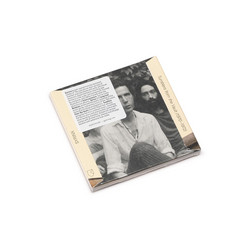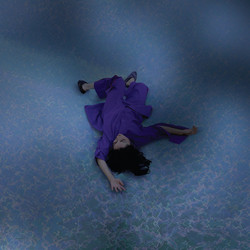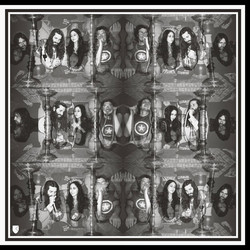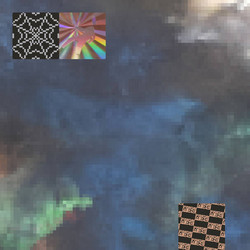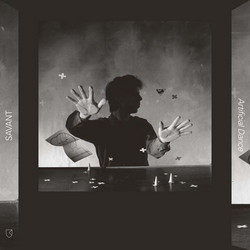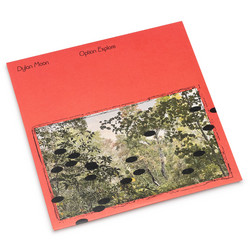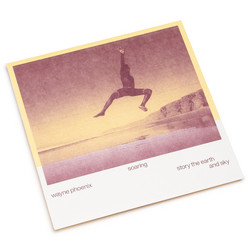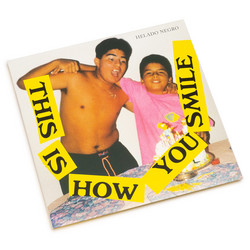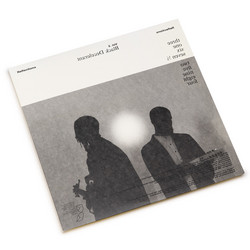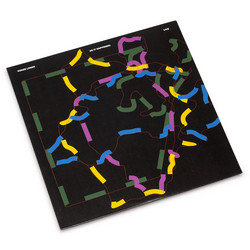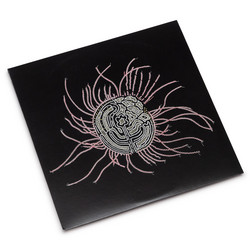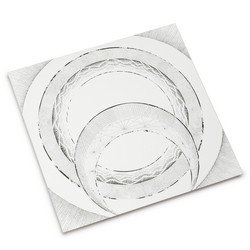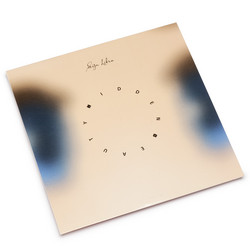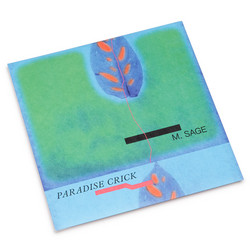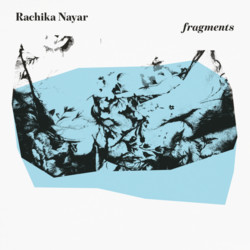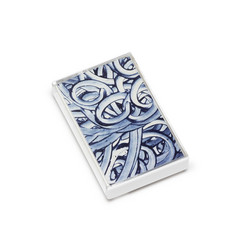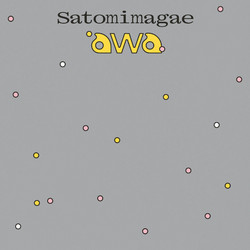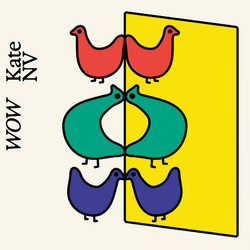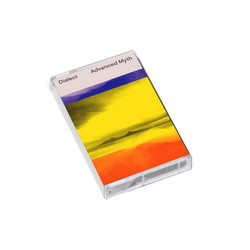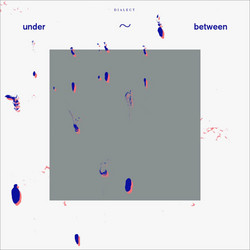Pauline Anna Strom
Echoes, Spaces, Lines (4LP Boxset, Blue Sky Vinyl)
Last copies, reduced price **Limited Cloudy Blue Sky Vinyl Edition 4x LP Box Set of 500** Echoes, Spaces, Lines collects Trans-Millenia Consort, Plot Zero, and Spectre, the first three albums by the late West Coast composer, healer, and medium Pauline Anna Strom. Restored and remixed from the original reels by Marta Salogni, newly remastered, and adding Oceans of Tears, a fully realized but previously unreleased album exclusive to the box set, these first official reissues are the definitive encapsulation of Strom’s prolific and profound vision and confirm her rightful place in the canon of great synthesists.
In the early 1980s, living in a small studio apartment in San Francisco’s rough and tumble Tenderloin district, Pauline Anna Strom started making solo, self-taught, synthesizer music under the moniker of Trans-Millenia Consort. A connoisseur of classical recordings from an early age, Stephen Hill’s legendary Music from the Hearts of Space radio program, which came out of KPFA across the Bay before it was syndicated in 1983, offered an adjacent, intriguing listening path. Strom fell in love with the imaginative and emotional reach of this largely electronic “space music,” and started collecting albums by Klaus Schulze, Brian Eno, and Vangelis. Inspired to translate this inspiration, Strom procured a Sequential Circuits Prophet 10, Yamaha CS-70m, and Tascam 4-track, amongst other consumer grade equipment. Though Strom faced some serious challenges, including severe life-long problems with her eyesight that ultimately rendered her blind, she took them on with a gusto and ornery self-reliance familiar to all those who knew her. Her living space became a living studio, where she would make music late into the night, wired into cavernous headphones and a meshwork of gear whose myriad surprises she would happily fold into her tracks, recorded on the fly and yet compositionally rich.
Three extraordinary albums resulted at the time from her work: Trans-Millenia Consort (1982), Plot Zero (1983), and Spectre (1984). At once astral and chthonic, ancient and futuristic, Strom’s Trans-Millenia music glows with a strange iridescence; cloudy chords warble and drift, tones fall like raindrops of the long-ago, and melodies shimmer and dance like fireflies. Though these albums explore different nooks and crannies of the multiverse, they share a singular sensibility, different streams bubbling up from the same oracular font. Though Strom never associated her creative endeavoring with New Age music, which she ferociously lambasted in a classic 1986 interview with Archie Patterson for his fabled Eurock publication, she did live in the Bay Area in the late 1970s and 1980s, when a new musical culture defined by a restless quest for new spiritualities emerged, alongside a DIY enthusiasm for technological experiment, and a predilection for making art that satisfied the hunger for visionary experience. Strom’s music also brims over with the generosity that is key to New Age music — that earnest desire to enchant, nourish, etherealize, and transport. But her music is subtler in its atmospheres and more melodically complex, like a West Coast inversion of Kosmische music’s galactic drift. It’s spirituality tougher, and more transpersonal, radiating Strom’s gut instinct that the cosmos is a strange and unfamiliar farrago of light and shade.
Temperamentally, Strom was also more of a mischievous wizard than a Pleidean light-worker. Fiercely independent, she continued living in the Tenderloin alongside junkies and prostitutes, contentedly nested with her pet lizards, socially “off the grid.” She rejected those who pityingly served the blind as much as those who were prejudiced against them. “Security guards, taxi drivers, drug dealers — they’re all more down to earth and accepting of you than the arrogant little social workers,” she said. At the same time, she was a real seeker and a working spiritual guide who relied on her sacred intuitions and an archive of knowledge she felt she had accumulated through many lifetimes. After picking up a non-denominational minister’s license, she performed reiki, astrology readings, and other distant healings by telephone. “I trust the information I get, it just comes out of my mouth,” she explained. “Whether the clients like it, or they don’t like it, or they get upset, or they get mad, or they love it. Whatever.”
“Visionary” is a depleted term in music writing, and a bittersweet one to attach to a blind artist — especially one who, like so many outsider artists and unsung visionaries, didn’t always get the artistic support she deserved. But for five years in the 1980s, before personal circumstances forced her to sell all her gear, Strom made visionary music. Not only does her music possess an unusual evocative power, conjuring cloud corridors and cobwebbed tenement halls, but her compositional methods were, literally, visionary. “I’ll start with an idea in my head, not the musical notes. Then it would evolve track by track, like a canvas, like you were painting a picture with the sounds. I have no idea how it’s going to turn out.” Strom recorded as she composed, which meant her pieces developed in ways that became impossible for her to reconstruct later. In this way, her music making directly paralleled her healing and occult practices in their reliance on intuition, which may simply be another word for spiritual improvisation. Strom built a singular and private world with her instruments, but it was a world with a profound transpersonal dimension, a collective energy she channeled into sounds whose unquestionable spiritual sources were tough and sometimes dark.
Following RVNG’s release of Trans-Millenia Music, a survey of Strom’s first three albums and impossibly rare cassettes from later that decade, in 2017, a groundswell of interest in her music completed the manifestation of new music gear that she had dreamed about to reinvigorate her music making. Outfitted with a Korg workstation, Strom unleashed a torrent of creative work, eventually winnowed down into Angel Tears in Sunlight by the composer and RVNG affiliate John Also Bennett (who also worked on Echoes, Spaces, Lines). Unfortunately, Strom passed away before the album’s 2021 release, at the age of 74. While she did experience a new generation of listeners discovering and falling in love with her early work, she was unable to make up entirely for the time ravaged by circumstance.
While visiting Strom’s apartment immediately after her death to rescue her beloved lizards Little Soulstice and Miss Huff, Jeremy Harris, the West Marin musician and producer who also worked on Angel Tears and Echoes, Spaces Lines, discovered hundreds of 4-track master cassettes containing released and unreleased Trans-Millenia music from 80s. Amidst this treasure trove of music, one cassette bubbled to the surface, appearing to have been prepared as a stand-alone release that might have followed up Spectre. The songs were sequenced, and outfitted with a title: Oceans of Tears. All this suggested enough intention on Strom’s part that RVNG felt compelled to include the recording alongside the newly remixed editions of her first three albums. Before her passing, Strom was introduced to recording engineer, producer and mixer Marta Salogni to begin work on this collection of music after the original sessions were haphazardly discovered by Peter Buffet on a small stack of multi-track reels from his work on the albums four decades prior. Much like the intentional indications of Oceans of Tears, Salogni had a basis, and blessing, from Strom to guide the mixes to completion. Richard “Karma” Moffett, whose painting of an all-seeing eye hatching from a cosmic egg features on Strom’s first album, granted permission to use his work for Echoes, Spaces, Lines, and the liner notes feature contributions from within RVNG, a republished interview with Strom from 2018, and archival ephemera.
